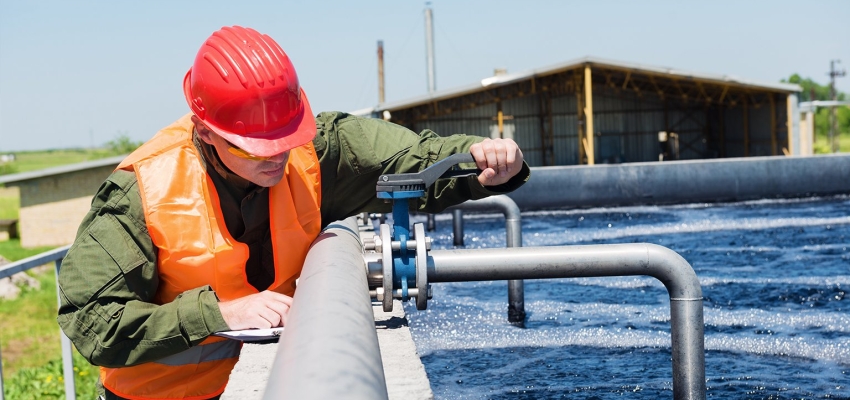Verimli bir şekilde gezinmenize ve belirli işlevleri yerine getirmenize yardımcı olmak için çerezler kullanıyoruz. Aşağıda her bir onay kategorisi altında tüm çerezler hakkında ayrıntılı bilgi bulabilirsiniz.
"Gerekli" olarak kategorize edilen çerezler, sitenin temel işlevlerini etkinleştirmek için gerekli olduklarından tarayıcınızda saklanır.
Ayrıca, bu web sitesini nasıl kullandığınızı analiz etmemize, tercihlerinizi saklamamıza ve sizinle alakalı içerik ve reklamları sunmamıza yardımcı olan üçüncü taraf çerezleri de kullanıyoruz. Bu çerezler tarayıcınızda yalnızca sizin önceden izninizle saklanacaktır.
Bu çerezlerin bir kısmını veya tamamını etkinleştirmeyi veya devre dışı bırakmayı seçebilirsiniz, ancak bazılarını devre dışı bırakmak tarama deneyiminizi etkileyebilir.
Web sitesinin kullanımı ve işlerliği için gerekli olan çerezlerdir. Zorunlu çerezler devre dışı bırakıldığı
takdirde sitenin bir kısmına veya tümüne erişim mümkün olmayabilir. Zorunlu çerezler vasıtasıyla
işlenen kişisel veriler, ürün ve hizmetlerin sunulabilmesi ve faaliyetlerin mevzuata uygun yürütülmesi
amaçlarıyla, KVKK Md.5/2e’de öngörülen bir hakkın tesisi, kullanılması veya korunması için veri
işlemenin zorunlu olması sebebiyle işlenmektedir.
Web sitemizde kullanılan zorunlu çerezler, sağlayıcıları ve kullanım amaçları aşağıdaki şekildedir:
| Cookie |
Tip |
Süre |
Açıklama |
| PHPSESSID |
YAZILIMSAL |
Oturum Boyunca |
Genellikle kullanıcıyı tanımlamak ve web sitesinin açık kaldığı sürece kullanıcının bilgilerini sistemde tutmak amacıyla kullanılır. |
Analitik çerezler kullanıcıların web sitesini nasıl kullandıkları hakkında bilgi toplar. Bu tür çerezler
kullanıcı deneyimlerini iyileştirmek/geliştirmek amacıyla kullanılan çerezlerdir. Bu çerezler,
kullanıcılar tarafından görüntülenen sayfalar, tıklanma sayıları, sayfaları kaydırma hareketleri ve bu
sayfalara giriş ve çıkış zamanları gibi bilgileri toplar. Analitik çerezler vasıtasıyla işlenen kişisel
veriler, pazarlama analiz çalışmalarının yürütülmesi ile ziyaretçi kayıtlarının oluşturulması ve takibi
amaçlarıyla, KVKK Md.5/1 ile Md9/1’de öngörülen açık rızanıza istinaden işlenmekte yurt dışındaki
çerez sağlayıcılarla paylaşılmaktadır.
Web sitemizde kullanılan analitik çerezler, sağlayıcıları ve kullanım amaçları aşağıdaki şekildedir:
| Cookie |
Tip |
Süre |
Açıklama |
| _ga |
Persistent Cookie |
2 Yıl |
GenellikleAnalytics cihaz bilgisi - Google Tag Manager sisteminde yer alan uygulamarın kullanması için |
| _ga_LGB1QK8GXP |
Persistent Cookie |
2 Yıl |
GenellikleAnalytics cihaz bilgisi - Google Tag Manager sisteminde yer alan uygulamarın kullanması için |
İşlevsel çerezler, web sitesinin içeriğinin sosyal medya platformlarında paylaşılması, geri bildirimlerin
toplanması ve diğer üçüncü taraf özellikleri gibi belirli işlevlerin yerine getirilmesine yardımcı olur.
İşlevsel çerezler kullanıcıların web sitesindeki tercihlerini hatırlamak amacıyla da kullanılır. Örneğin
dil, para birimi tercihi, kullanıcı girişi sırasında aynı tarayıcıdan giriş yapıldığında tekrar giriş
bilgilerinin sorulmaması amacıyla kullanılan “beni hatırla” tercihi gibi kullanım tercihlerini kaydedip
sonraki ziyaretlerde hatırlanmasını sağlar. İşlevsel çerezler vasıtasıyla işlenen kişisel veriler,
tercihlerin hatırlanması ve müşteri deneyiminin iyileştirilmesi amaçlarıyla, KVKK Md.5/1’de
öngörülen açık rızanıza istinaden işlenmektedir. Yurt dışı kaynaklı çerezler ise KVKK Md9/1’de
öngörülen açık rızanıza istinaden işlenmekte yurt dışındaki çerez sağlayıcılarla paylaşılmaktadır.
Web sitemizde kullanılan işlevsel çerezler, sağlayıcıları ve kullanım amaçları aşağıdaki şekildedir:
| Cookie |
Tip |
Süre |
Açıklama |
| _gat_gtag_UA_30460299_2 |
Persistent |
1 Dakika |
İstek oranını kısaltmak için kullanır. Tetiklenmesinden itibaren 1 dakika içinde sonlanır. |
| _gid |
Persistent |
2 Yıl |
Ziyaretçinin web sitesini nasıl kullandığına dair istatistiksel veriler üretir |
| _grecaptcha |
Persistent |
6 Ay |
Bu web sitesi, burada kullanıma sunulan formların gerçek bir kişi tarafından mı yoksa kötü amaçlı olarak makine tarafından otomatik olarak mı doldurulduğunu ayırt edebilmek amacıyla, Google Inc. (“Google”) şirketinin “reCAPTCHA” hizmetini kullanmaktadır. |



















